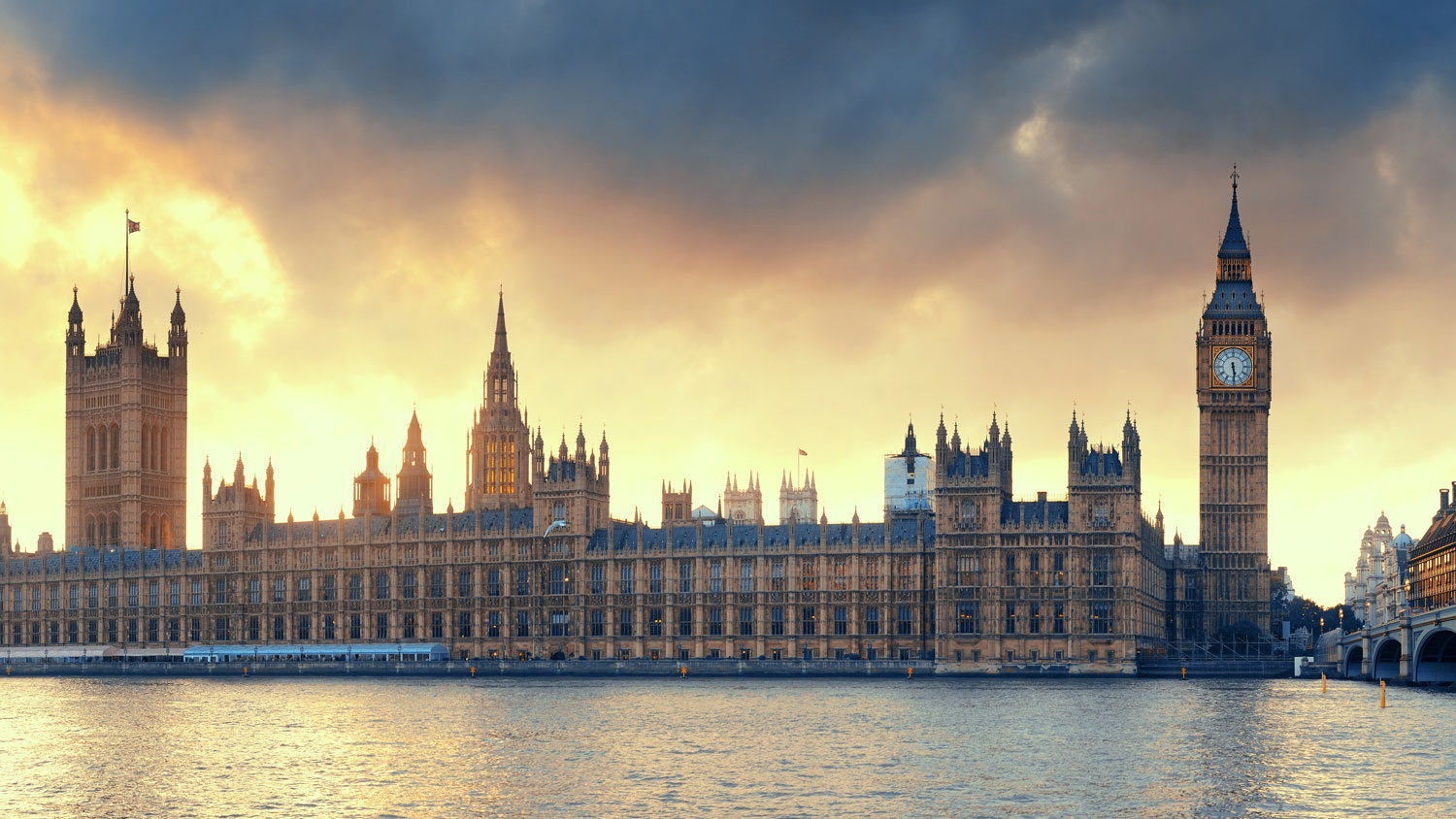
Tobacco and Vapes Bill: managing new restrictions
MPs have backed a plan to ban anyone born after 2009 from buying cigarettes. The Tobacco and Vapes Bill passed by 383 votes to 67. If they become law, the UK's smoking laws will be among the strictest in the world. There are still several more steps needed before it becomes law, such as votes in the House of Lords, but it is possible that the bill could now pass before the general election, expected in the second half of 2024.
The impact of the Bill on the workplace may only affect employers of young workers for the timebeing, given that those born after 2009 will only be 14-15 years old, but it’s a good time for all employers to review their smoking policies. Pam Loch, Solicitor and Managing Director of Loch Associates explains:
"Under the new legislation, each year the legal age for cigarette sales will increase by one year, it means that people born in or after 2009 will never legally be able to buy cigarettes or tobacco products. Shops in England and Wales that do not abide by the law will face an on-the-spot £100 fine. Employers currently face legal fines of up to £2,500 if they fail to control people smoking on their premises. And businesses which fail to display no-smoking signs in the workplace could face further fines of up to £1,000.
"The Bill focuses on creating a smoke-free generation by raising the legal age for purchasing tobacco and nicotine products. There may be benefits to employers through the introduction of this Bill as this could lead to productivity gains due to improved health and reduced absences among employees who quit smoking. The government’s impact statement estimates that raising the legal age for smoking will have an overall effect on society worth around £18.6 billion. This impact is primarily from productivity gains related to reducing smoking levels.
"Whatever approach a business takes on smoking, it is essential that applicable smoking policies are in place which set out the employer’s duties to provide a safe workplace whilst maintaining compliance with current legislation. Policies should not only cover smoking but vaping and e-cigarettes too. Employers should therefore review their smoking policies to check that they are up to date in line with the new legislation and to ensure they are upholding the new rules.
"Employers also need to designate smoke-free areas within their premises and ensure this is clearly communicated to employees. The Bill aims to create smoke-free environments and therefore it is important businesses work in line with this. As well as this, the Bill will restrict the display of vaping and nicotine products in retail outlets. Employers in retail or hospitality sectors will need to pay particular attention to these new restrictions.
"Regardless of the recent legislation changes, employers must continue to implement practices such as ensuring they do not favour employees who smoke by allowing them extra breaks which are not available to non-smokers. This can often be a point of contention if not addressed correctly in policies and employers should be aware of the additional risk of discrimination allegations now there will be a distinction between the ages of those who may or may not be taking breaks. It is essential that employers continue to treat all employees equally.
"It is important that an employer balances their duties to provide a healthy and safe work environment, whilst respecting employees’ right to smoke and vape. Employers may want to consider the wellbeing benefits and take steps to increase awareness of the new Tobacco and Vapes Bill and the effects of smoking to encourage employees to quit. Implementing wellbeing policies and offering wellness checks to all employees is a good way to offer support to employees without treating smokers differently."






